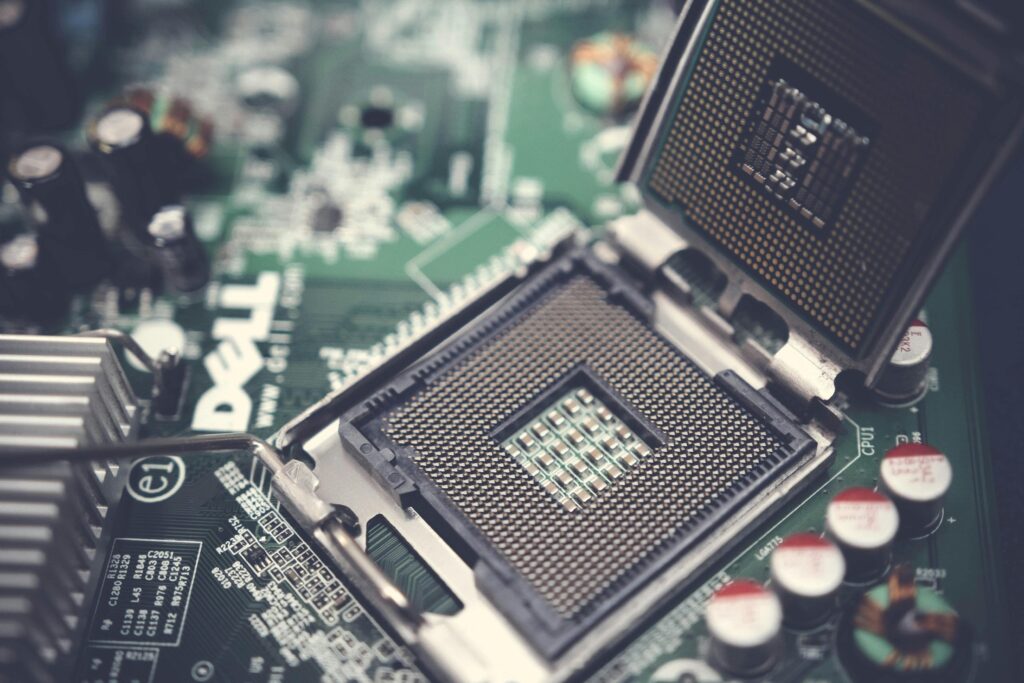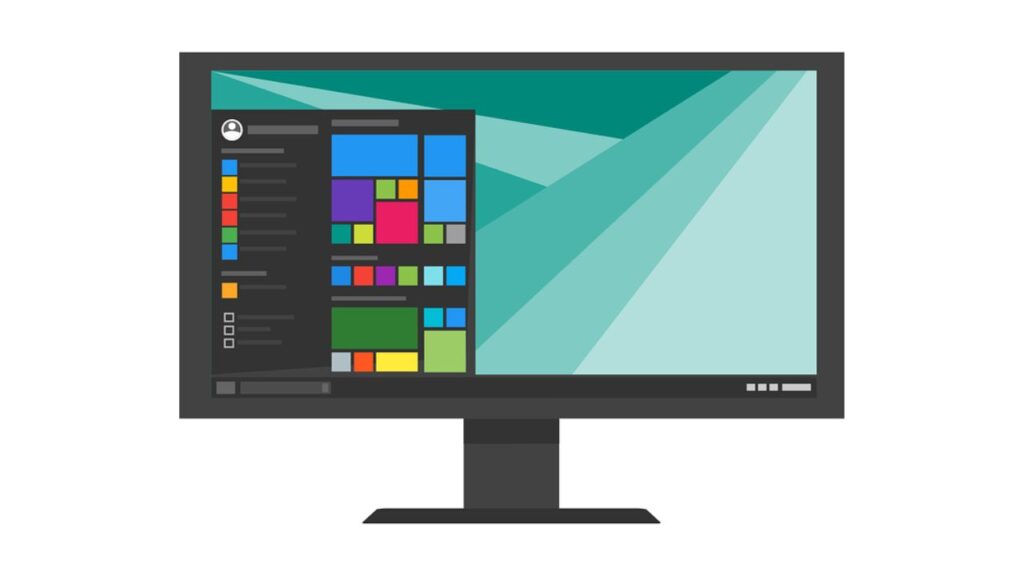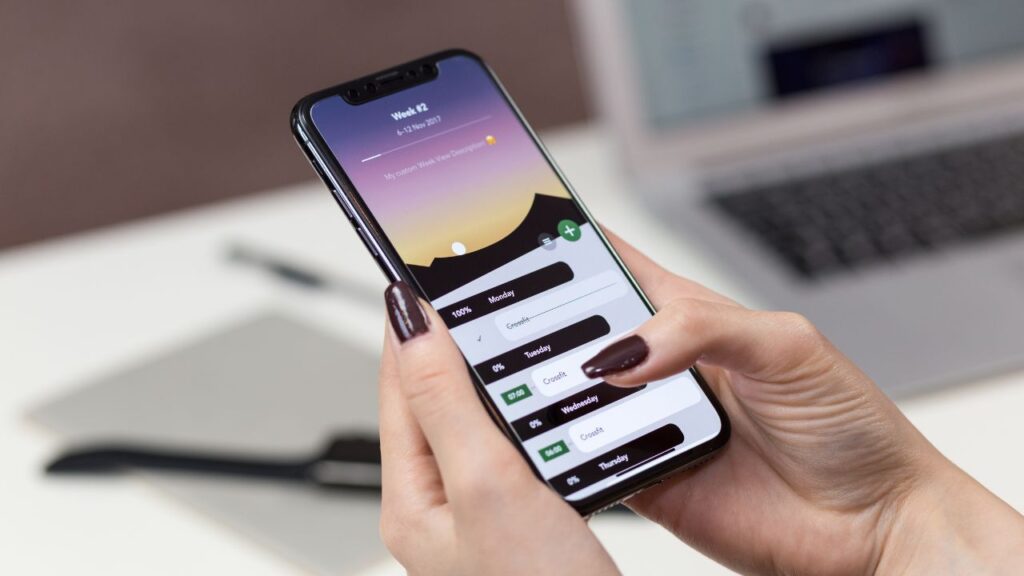Laptops are tough enough to handle complex applications, and their compact size makes it hassle-free to carry them wherever and whenever necessary.
Whether you are a working professional, student, or gaming freak, laptops are the best tools to complete all your work. Investing in a brand-new laptop can upscale your regular endeavors.
Considering all these benefits, you are in the market for buying a laptop and wondering what questions to ask when buying a laptop.
With so many brands selling cutting-edge portable computers, you might feel overwhelmed to choose the best one. Besides brands, there are many other considerations, from the size and display of laptops to their processors and battery life, making selecting the best device a challenge.
What Questions to Ask When Buying a Laptop?
To save you from the complex process of choosing the right laptop, we have put together some vital questions to ask when buying a laptop.
1) What Do You Want to Use Your Laptop For?
Before you search different laptop brands, it’s worth considering everything vital to your regular workflow.
If you plan to buy a portable computer for personal use, consider investing in a decent display and size device, an accurate trackpad, and a comfortable mouse and keyboard. On the other hand, a gamer or a video editor might need a laptop with more robust hardware.
If you are a professional and always on the go because of your work, looking for laptops with a long-lasting battery is advisable. In addition, video calls might be an integral part of your work or student life. In such a case, check for laptops featuring a great webcam option.
Moreover, you might not use your laptop in isolation, so you must consider connectivity options. If your work requires you to connect the device to external hard drives and monitors, see to it the device has the right connections, such as a USB-A, headset jack, HDMI port, or USB-C.
USB-C ports offer versatility and support fast data transfer as well as video output.
2) What is Your Budget?

It’s one of the most vital questions to ask when buying a laptop. How much you can spend will help you to narrow down the brand-new laptops with the price within the reach of your budget.
So, it will help to determine how much you can spare and then look for the laptop options available within that price range.
These portable computers can be categorized into three major price brackets- budget devices with prices under $500, mid-range devices ranging from $500 to $1000, and high-end devices with market prices as high as $3000.
Budget-friendly laptops will be good enough to browse the web, check emails, take notes, stream movies, write documents, and manage files. The mid-range devices will offer the optimal balance of performance and price and are ideal for less demanding jobs or school tasks.
At the top of the pyramid come high-end, premium, high-priced laptops designed for professionals and gamers requiring speed and power.
Laptops that are powered by Intel’s Lunar Lake, AMD’s Ryzen AI 300, etc, offer better battery life and AI capabilities. However, they are usually priced higher. If you invest in these premium machines, you will end up with better performance and longevity.
3) What Operating System Do You Prefer?
Among vital questions to ask when buying a laptop is the type of operating system (OS) you prefer your laptop to have.
If you purchase a portable computer for the first time, you might know the intricacies of common operating systems. Currently, Windows and macOS are two widely used operating systems.
You will find the majority of portable computers running on Windows.
Windows laptops will offer you more budget, specifications, and brand options. Moreover, these devices support more applications, software choices, and easier component upgrades, making them ideal for businesses, regular users, and gamers.
MacOs, on the other hand, excel in ecosystem integration, reliability, and design elegance. Apple designed this operating system to be cleaner and easier to use.
Apple’s intuitive macOS is usually better for non-tech professionals but facilitates many programs for video editors, designers, and creative professionals.
4) What is the Ideal Size for Your Laptop?
Before you evaluate the specifications or ratings, you will want to determine how moveable you want your laptop to be. You can find laptops in the following varied sizes:
- 11 to 12 inches: Laptops with 11- to 12-inch screens are the thinnest and lightest, weighing around 0.5 to 3.5 pounds.
- 13 to 14 inches: Your portable computers with a 13 to 14-inch screen will provide the perfect balance of portableness and usefulness, especially when buying a device weighing less than four pounds.
- 15 inches: It’s the most common screen size for laptops. These devices weigh approximately 0.5 to 6.5 pounds. Investing in a 15-inch laptop is ideal if you are looking for a bigger screen.
- 16 to 17 inches: If you don’t intend to carry your laptop with you and instead, it stays on the table most of the time, consider buying a 16 or 17-inch laptop. These devices will facilitate the processing power you want to do workstation-level, productive tasks or play high-end games.
5) What Type of Processor Do You Need?

The CPU (central processing unit), another name for the processor, is the laptop’s brain and processes information from the operating system, applications, and more. Therefore, to enable your portable computer to function smoothly, it should have a robust processor.
Regarding choosing between processors, Intel and AMD are the two leading CPU manufacturers for Windows laptops. Intel’s latest line of Core CPUs is reasonably comparable to the Ryzen CPUs manufactured by AMD.
If you are looking forward to running multiple programs simultaneously or completing more intensive tasks like playing games or video editing, consider opting for a Core i5 or Core i7 CPU manufactured by Intel. In contrast, the Ryzen 3 or the Ryzen 5 are ideal for basic tasks or multitasking.
Apart from this, you can also choose from Apple M1 and M2 for the Mac laptops.
6) How Much RAM Do You Need?
Ram or random access memory is the laptop’s short-term memory, where the device stores temporary data for the programs. Without enough RAM, you can’t run applications simultaneously, and it can also slow down your device.
So, how much RAM your laptop should have is another vital question to ask when buying a laptop.
If you need a laptop for basic tasks, look for devices with at least 8 GB of RAM. With 8GB of RAM, your portable computer will have enough memory to perform multiple basic tasks simultaneously.
Regular gamers, designers, video editors, or intermediate users should check out the laptops with at least 16 GB of RAM.
While you might think 32 GB of RAM is a lot, it might seem necessary for power users who want to run multiple high-intensive applications at once.
7) What Should be Your Laptop’s Display?
The more pixels your laptop features, the more content you can match on-screen and the more chiseller it will look. Sadly, when investing in budget-friendly laptops, you will get 1366 x 768 displays, offering poor picture quality.
If you can afford it, consider paying extra for a device that runs at 1920 x 1080, called a 1080p or full HD display. Besides this, you can choose from Twisted Nematic (TN), In-Plane Switching (IPS), and organic light-emitting diode (OLED) displays.
TN panels will be the fastest and, thus, ideal for gamers. Laptops with IPS displays will have better colors that look accurate from all angles. On the other hand, OLED displays will have self-lighting pixels, giving the laptop screens almost perfect contrast and vibrant colors to watch movies.
8) What Kind of Battery Life Does Your Laptop Facilitate?
When considering buying a large notebook that will be used solely on a table, you don’t have to worry about the battery life. In such a case, purchasing a laptop providing 5 to 6 hours of battery life can still provide you enough juice throughout the day without charging the device time and again.
However, suppose you plan to use the laptop on your lap away from home or while traveling. Regardless of its work or reception, you will need to invest in a device that features at least seven hours of battery endurance, with over eight hours being ideal.
Although it’s one of the essential questions to ask when buying a laptop, don’t take the manufacturer’s or seller’s word for it. Instead, browse current customers’ results from genuine sources, like reviews on official websites.
9) What Refresh Rate Should the Laptop Feature?
Gamers, designers, or video editors should look for a portable computer with a high refresh rate. Refresh rate can be explained as how many times the image on the display updates or refreshes itself every second.
Laptops featuring higher refresh rates will be much better at handling motion, especially when editing videos or playing high-end games.
Herts (Hz) is the measurement unit of refresh rate, and it is directly related to the number of frames your GPU can display each second. For instance, if you look forward to playing games at 144 fps, you should purchase a portable computer with a display featuring a refresh rate of 144 Hz or more.
On the other hand, a regular user who wants to do basic tasks via a laptop can look for a display with a relatively lower refresh rate.
10) What Types of Warranty Cover Does Your Laptop Provide?
Almost every laptop offers a standard warranty of one to two years covering manufacturing defects. However, still, you should read all the terms before paying for the laptop.
It’s possible that these warranties don’t cover unavoidable accidental damage. So, having additional protection through warranties can save you some hassle if anything goes wrong with your laptop.
Conclusion
Purchasing a laptop can be a valuable investment for many; thus, they are cautious with their purchase and wonder what questions to ask when buying a laptop.
By asking the above-listed ten must-ask questions, you can quickly narrow down the best options and buy a portable computer that fits your budget and meets your needs to perform daily tasks.
Aside from asking these questions, you can compare different specifications and read third-party reviews before making a final decision. A thorough research can help you avail of excellent value for your investment.
[Also Read: How to Install An Android App on PC]




